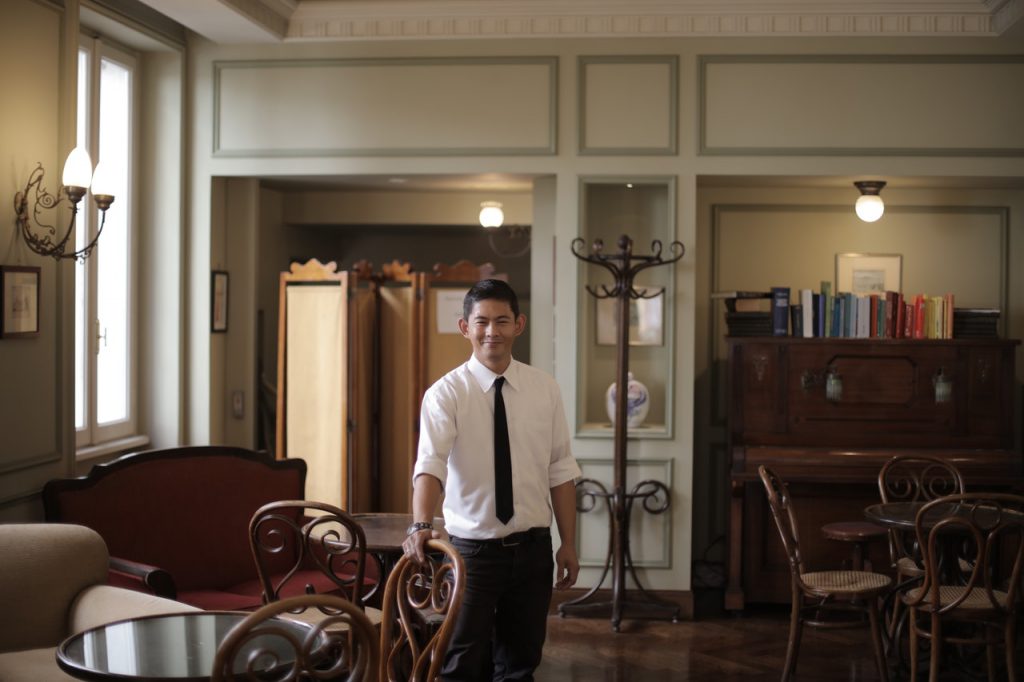
Tips To Keep Hotel Staff Happy
For the hotel industry, the last few years was a series of challenges. Because the epidemic has cost individuals their jobs, security, and general job satisfaction, it’s understandable that business executives blame the crisis for low employee morale.
However, among hospitality employees, a persistent condition of feeling uninspired and dissatisfied is not unusual. Staff members may be less than enthusiastic to get up on Mondays and go to work in organizations that lack a well-defined culture, major perks, or educational initiatives for employees.
Let the data speak for themselves if you’re not sure why you should care about employee happiness and satisfaction. According to studies, happy staff may result in a 12% boost in hotel profitability and a 24% decrease in attrition. Simply reducing the number of hiring and onboarding cycles for the same role is enough to keep your budget in check.
Encourage Teamwork rather than Competition:
For the end service to be excellent, every employee in the hotel industry must function in unison. If a single employee feels dissatisfied and undervalued, they will represent your company in the same way. Employees will likely forget about the client and focus on “defeating” one other as though their job is judged on comparison if they are forced to work on competition rather than collaboration.
Businesses in the hotel industry should strive towards a collaborative atmosphere. Using technological tools, software, and development programs to boost teamwork will help you grow as a company while also making your staff happy.
Keep track of your Progress via Data Analysis:
Keeping track of staff engagement, performance, and happiness from several angles keeps your leadership vigilant and informed. Businesses continuously examine data to understand satisfaction and what it implies for their staff in technologically aware locations where hospitality executives have fully embraced technology.
Leaders recognize that evaluating and tracking employee engagement necessitates the use of communication technologies to improve employee interactions and build a collaborative culture. With the expanding rise of remote teams even in the hotel industry, this has proven an especially useful method during the epidemic. Tracking employee engagement provides unique insights into how they interact and when they require assistance, allowing the hotel industry as a whole to enhance its culture.
Continual Assistance:
One of your top goals should be to look after your workers’ mental health and emotional stability. Employers that put their employees’ well-being first have emerged as the ones who have managed to maintain their success in areas of the world severely affected by the epidemic.
